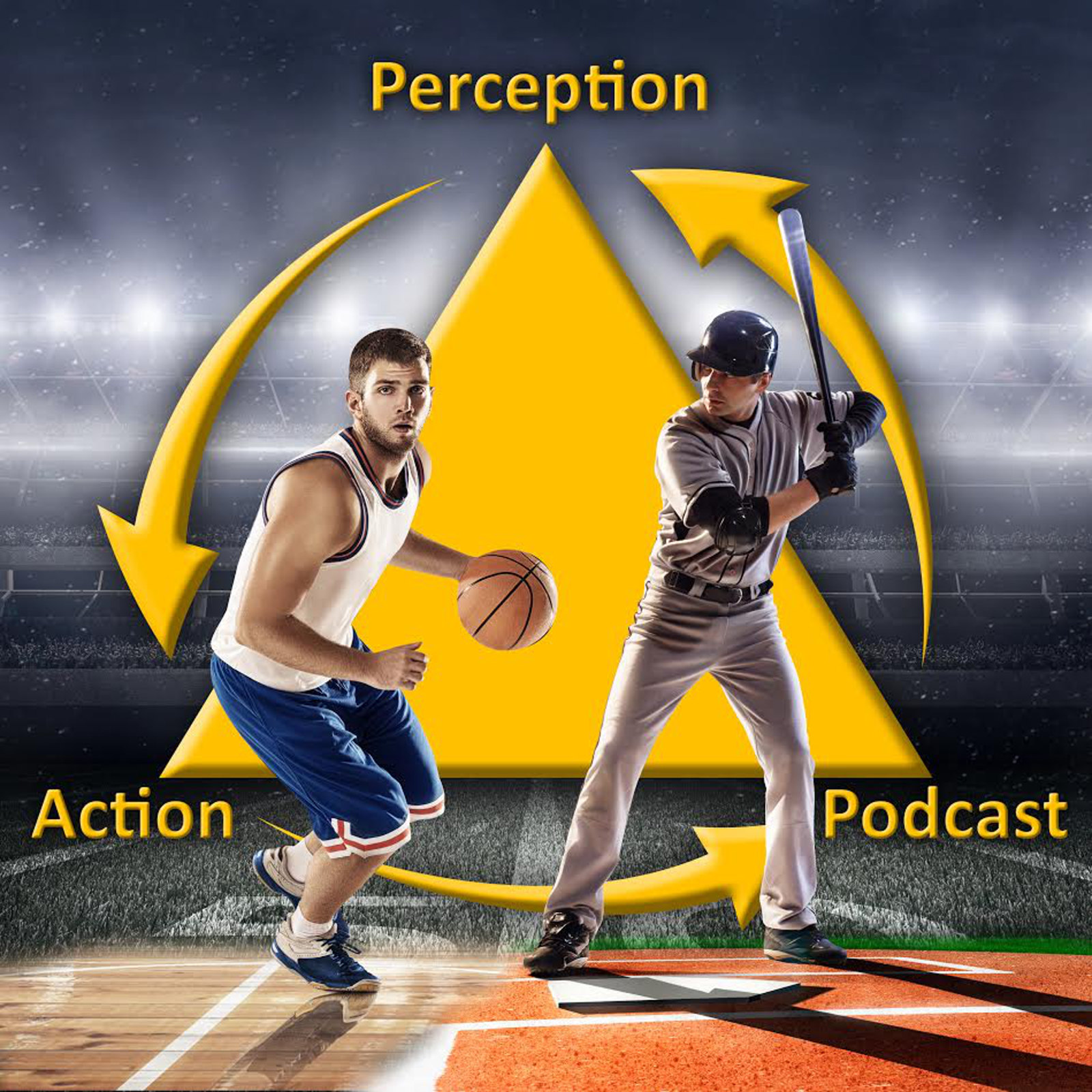151 –The Equilibrium Point Hypothesis of Motor Control
151 A look at the equilibrium point hypothesis of motor control. How can movements be controlled both actively (voluntarily) and re-actively (involuntarily)? Download link Articles: Evolution of Motor Control: From Reflexes and Motor Programs to the Equilibrium-Point HypothesisThe Equilibrium-Point Hypothesis – Past, Present and Future More information:Subscribe in iOS/AppleSubscribe in Android/GoogleMy Research Gate Page (pdfs…
Read More
